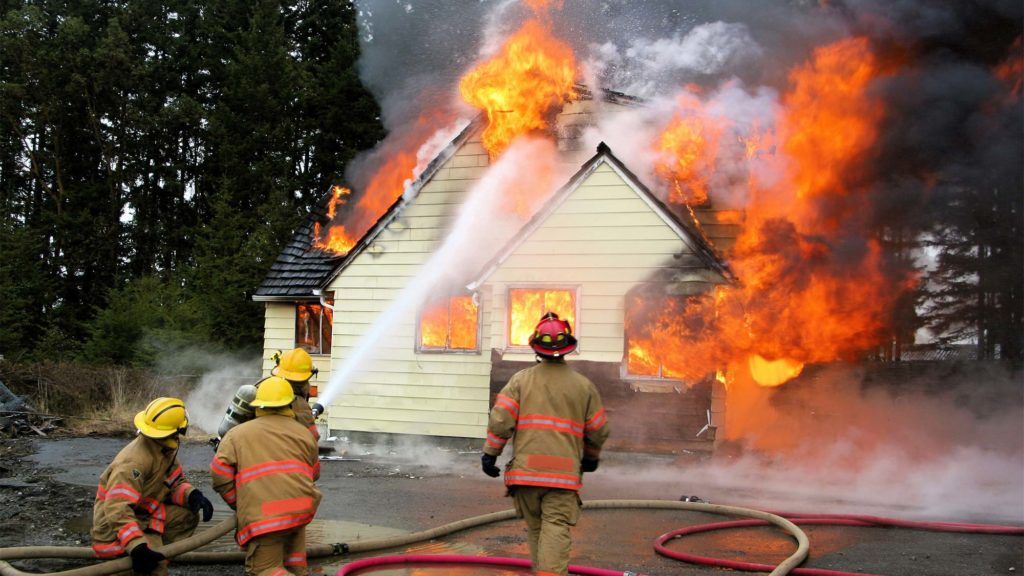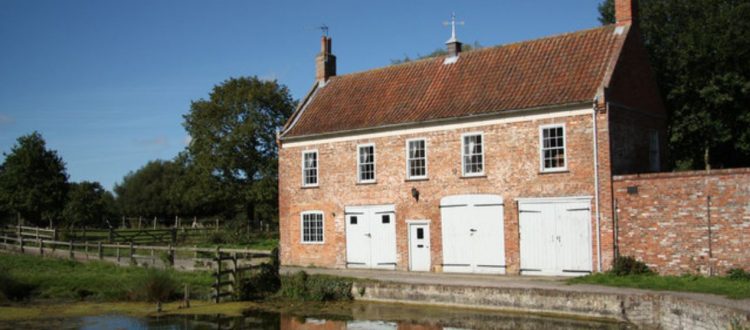Now that fall is in full force and winter is slowly approaching (even though it is over 80 degrees here in Ohio on this first day of October), it will be soon that people will be spending more time indoors. Frankly, this actually influences the higher number of structural fires in the fall and winter. So, as the days become shorter and the nights longer (and colder), here are a few tips to help prevent fires in your home:
- Cook with caution: Don’t stray too far away from the kitchen when cooking. It’s easy to get distracted while something is simmering on the stovetop or baking in the oven, but try using a timer as a helpful reminder something is cooking. Also, consider keeping at least a three-foot radius around the stove as a “kid-free zone” to prevent accidental bumping of hot pots and pans.
- Heating the home: Since the shorts and bathing suits will be traded in for sweaters and jackets, you’re likely to bring out the warm blankets and turn the heat on soon. Try to keep anything that can be combustible away from heating equipment such as fireplaces, wood-burning stoves, and space heaters. Have your heating equipment inspected annually by professionals to help prevent system malfunctions that could cause a fire.
- Candlelight: Candles can make lovely decorations and really accent a home (and make it smell like pumpkin spice), but they can also be very dangerous. Whether they are used in a jack-o-lantern or as an emergency measure during a power outage, keep candles in a sturdy holder so they won’t tip over easily. Try to keep hair and clothing away from the candle as you light it, and don’t burn a candle down to the very end.
- Electrical outlets: The fall and winter seasons are a time when most people begin decorating their homes. A safety tip to remember when it comes to decorations is to not plug too much into an extension cord or safety strip. Big appliances should always be plugged directly into a wall outlet. Make sure electrical cords are not running under carpets or in front of doorways because they could also become a potential trip hazard.
- Safety equipment: A big piece of fire safety and prevention is ensuring all the equipment is working properly. It is a good idea to test all smoke alarms monthly, change batteries annually, and replace the old alarms with newer models after 10 years. If there is anyone in the household who is hard of hearing, there are smoke alarms that are available that have strobe lights to visually alert them of a fire. Also, have a working fire extinguisher that is visible, unobstructed, and in it’s designated location.
Fall and winter can be beautiful seasons filled with holidays, good food, and cozy nights with the family. Don’t let a fire prevent you from spending this season with your family. For more tips and fire prevention information, check out the National Fire Protection Association (NFPA). I hope you try using some of these fire prevention tips in your household, and if you have any tips of your own you would like to share, please leave them in the comments section!







